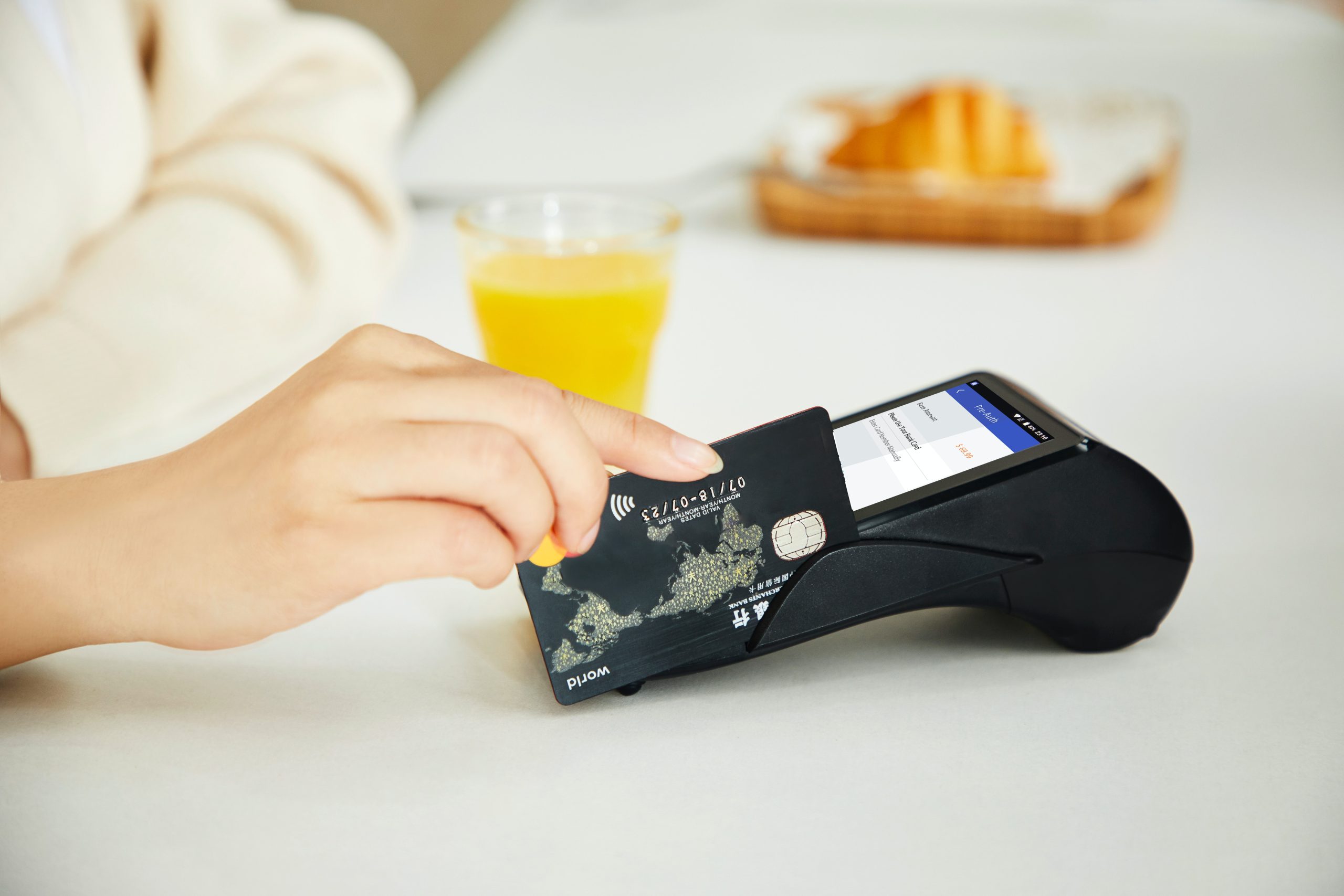Are you someone who frequently uses a VPN to ensure online security and privacy? If so, you may have wondered if it is possible for a VPN to steal credit card information. With cybercrime on the rise, it's important to understand the potential risks associated with using a virtual private network (VPN). In this blog post, we will dive deeper into this topic and explore whether or not your financial data could be compromised while using a VPN. Stay tuned!
What is a VPN?
A VPN, or Virtual Private Network, is a secure tunnel between two or more devices. A VPN allows you to browse the internet anonymously and securely by routing your traffic through a server in another location. This means that your IP address is hidden from the sites you visit, and your data is encrypted.
VPNs are used by many people for a variety of reasons, including online security and privacy. However, there are some risks associated with using a VPN, as well. One of the biggest concerns is that a VPN can potentially steal credit card information.
While it is possible for a VPN to steal credit card information, it is not likely. In most cases, a VPN will only be able to see the account number and expiration date of a credit card. The CVV number (the three-digit code on the back of a credit card) is typically not stored on servers, so it would be very difficult for a VPN to access this information.
If you are concerned about your credit card information being stolen, you can take some steps to protect yourself. First, make sure that you are only using trusted VPN providers. Second, use a credit card that has fraud protection features such as extended warranty coverage or purchase protection. Finally, keep an eye on your credit card statements and report any suspicious activity immediately to your bank.
How do VPNs work?
A VPN, or Virtual Private Network, is a secure tunnel between two or more devices. A VPN encrypts your internet traffic and routes it through an intermediary server, making it difficult for anyone to spy on your activity or steal your data.
When you connect to a VPN, you can choose to route your traffic through a number of different servers around the world. This makes it difficult for anyone to track your location or identify your IP address. Additionally, the encryption used by most VPNs makes it impossible for anyone to intercept and read your data.
However, it is important to note that not all VPNs are created equal. Some may keep logs of your activity or sell your data to third parties. That's why it's important to research a VPN before you decide to use one.
Do VPNs protect against credit card theft?
When it comes to online credit card fraud, VPNs can be a helpful tool for prevention. By encrypting your connection and hiding your IP address, VPNs make it much harder for thieves to steal your credit card information. In addition, VPNs can help to protect against phishing attacks, which are often used to steal credit card information.
However, it is important to note that VPNs are not foolproof protection against credit card theft. They can only do so much to prevent thieves from getting their hands on your information. For the most part, it is still up to you to take precautions against credit card fraud, such as being careful about what websites you enter your credit card information into and keeping an eye on your account activity for any suspicious charges.
How to prevent credit card theft when using a VPN
When using a VPN, there are a few things you can do to prevent credit card theft:
1. Make sure the VPN you are using is a reputable one. There are many free VPNs out there, but not all of them are trustworthy. Do your research to find a VPN that has a good reputation and is known for being secure.
2. Use a strong password for your account and never use the same password at more than one site. A strong password should be at least eight characters long and include a mix of letters, numbers, and symbols.
3. Be cautious when entering your credit card information online. Only enter your credit card number on websites that you trust and look for the https:// in the URL before you enter any sensitive information. This indicates that the site is using SSL encryption, which will help protect your data.
4. Keep an eye on your credit card statements and report any suspicious activity immediately to your bank. By regularly checking your statements, you can catch any fraudulent charges quickly and avoid having to deal with the hassle of disputing them later on.
Conclusion
In conclusion, using a VPN to protect your data and personal information from malicious actors is highly recommended. However, it’s important to remember that while they provide an added layer of security, they cannot guarantee complete protection against credit card theft or fraud. It is therefore essential that you remain vigilant when browsing online and take extra precautions such as opting for two-factor authentication where possible. By following these simple steps you can ensure maximum safety while still enjoying the privacy benefits offered by VPNs.


